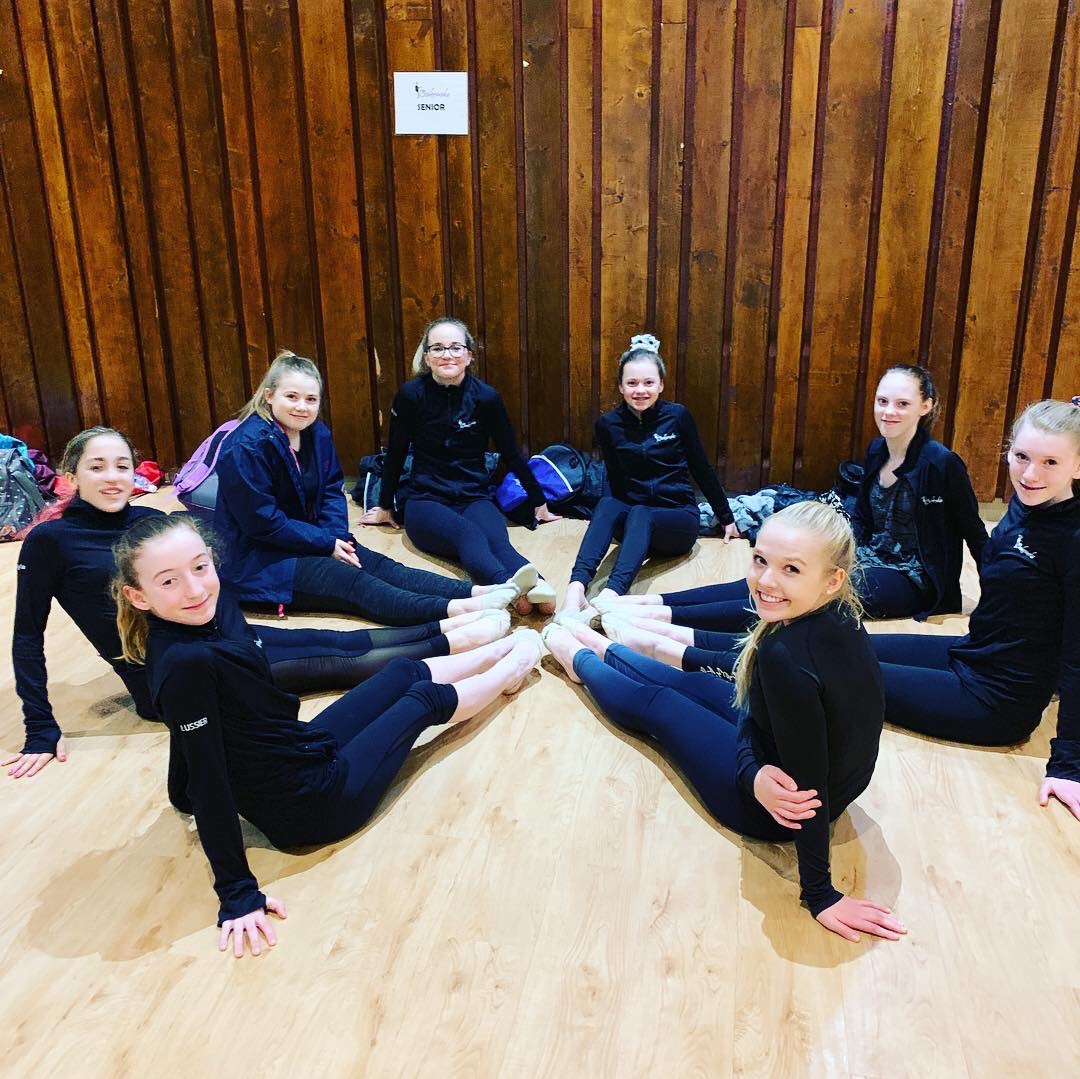The Bohemka Rhythmic Gymnastics Club is planning a trip its members will remember for a lifetime.
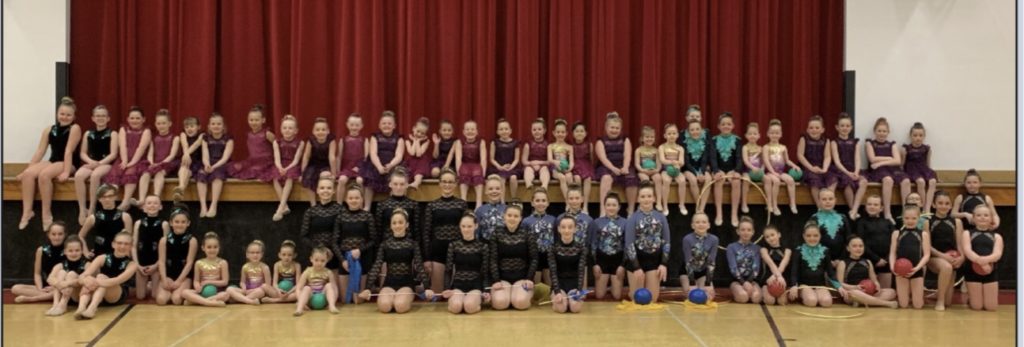
The club from Esterhazy will perform on the international stage in Amsterdam, Netherlands at World Gymnaestrada in 2023.
Although the World Gymnaestrada they are planning on attending is a few years away, the effort is well underway to make the opportunity a reality.
In 2023 the Bohemka Rhythmic Gymnastics Club will have “approximately twenty gymnasts eligible to represent their club, community, province and nation on an international stage in Amsterdam, Netherlands.”
According to one of the club leaders, Denae Woytas, she and three others actually attended World Gymnaestrada previously under the leadership of Marta Kroupa; she took them to Europe during their youth.
Kroupa was inducted into the Saskatchewan Sports Hall of Fame on June 11, 2005 for her many accomplishments in the field of rhythmic gymnastics; some of her accomplishments are described further below.
Speaking about how the international opportunity came about, Woytas said, “Five years ago the group wanted to bring the club and sport back to the community. What started out as something that we wanted to be able to share with our daughters, has now turned into creating an opportunity and experience for other girls within the community; not only exposing them to the sport but giving them exposure to the culture and what many of us value as one of our best life experiences.”
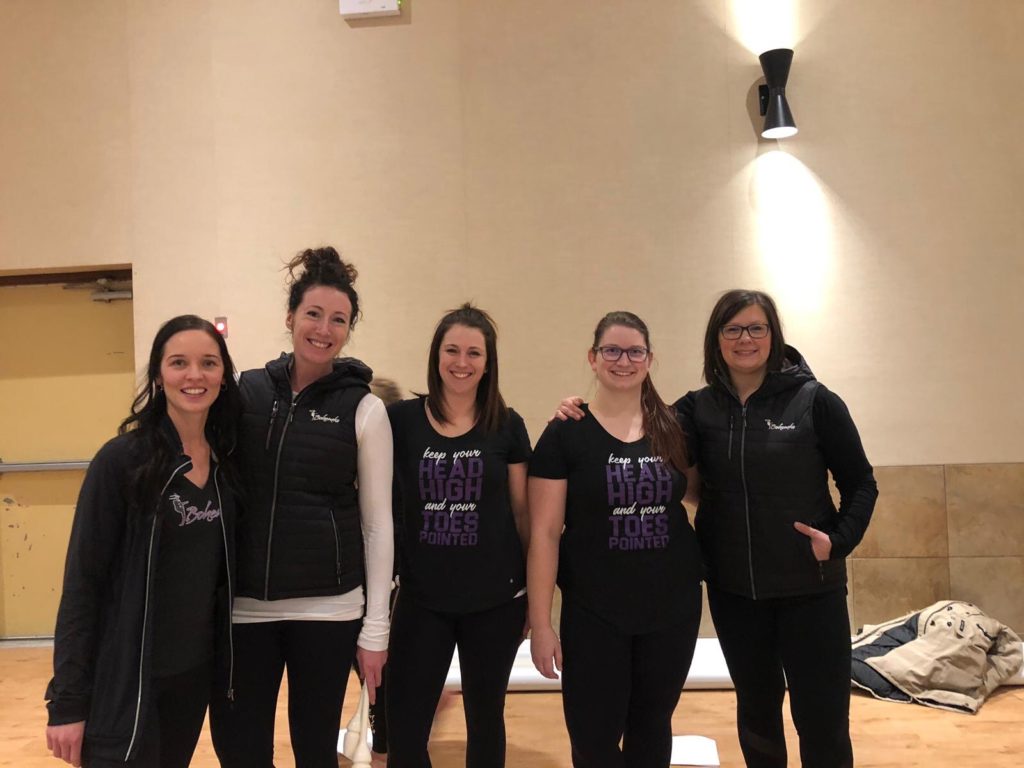
World Gymnaestrada is a festival of gymnastics and is held every four years.
The focus of this event is about group performances – some with hundreds or even thousands of participants.
Adults and children of every age perform.
Countries from around the world come together to showcase their talent and the culture of their various countries.
This event is one of the largest of its kind with 20,000 participants from over 60 countries.
Danae describes the event as being about “performance based gymnastics. It is not a competition; there’s no competitiveness in it. Many countries use it as an opportunity to showcase their culture.”
In the spring, the parents involved with the rhythmic gymnastics club sat down and discussed which athletes would be eligible to attend World Gymnaestrada (due to age limits).
After a sit down discussion about the group leaders’ previous experience attending when they were in their youth, the parents jumped on board and hit the ground running.
Woytas describes the group’s enthusiasm for the opportunity as “Beyond my wildest dreams. I couldn’t even imagine how great they’ve been.”
In previous years Langenburg athletes travelled to join the club, but this year Stockholm and Tantallon students are joining the Esterhazy athletes.
One of the first fundraisers for the group was a bottle drive in September.
The group went everywhere they could get to including, but not limited to, Tantallon, Esterhazy, Stockholm and Round Lake.
Woytas said, “The lady at Sarcan mentioned she’d never seen a group bring in that amount of bottles; she’d never written a cheque for that much money. Everyone is all in. We’ve seen amazing community support as well. People see what we’re doing and are willing to help.It’s awesome to have the community support.“
Bohemka has a fundraising account set up through Sarcan where people can take their bottles in and have the funds donated to the cause.
At Midnight Madness in December, club participants were busy fundraising by gift wrapping many of the local purchases made that night.
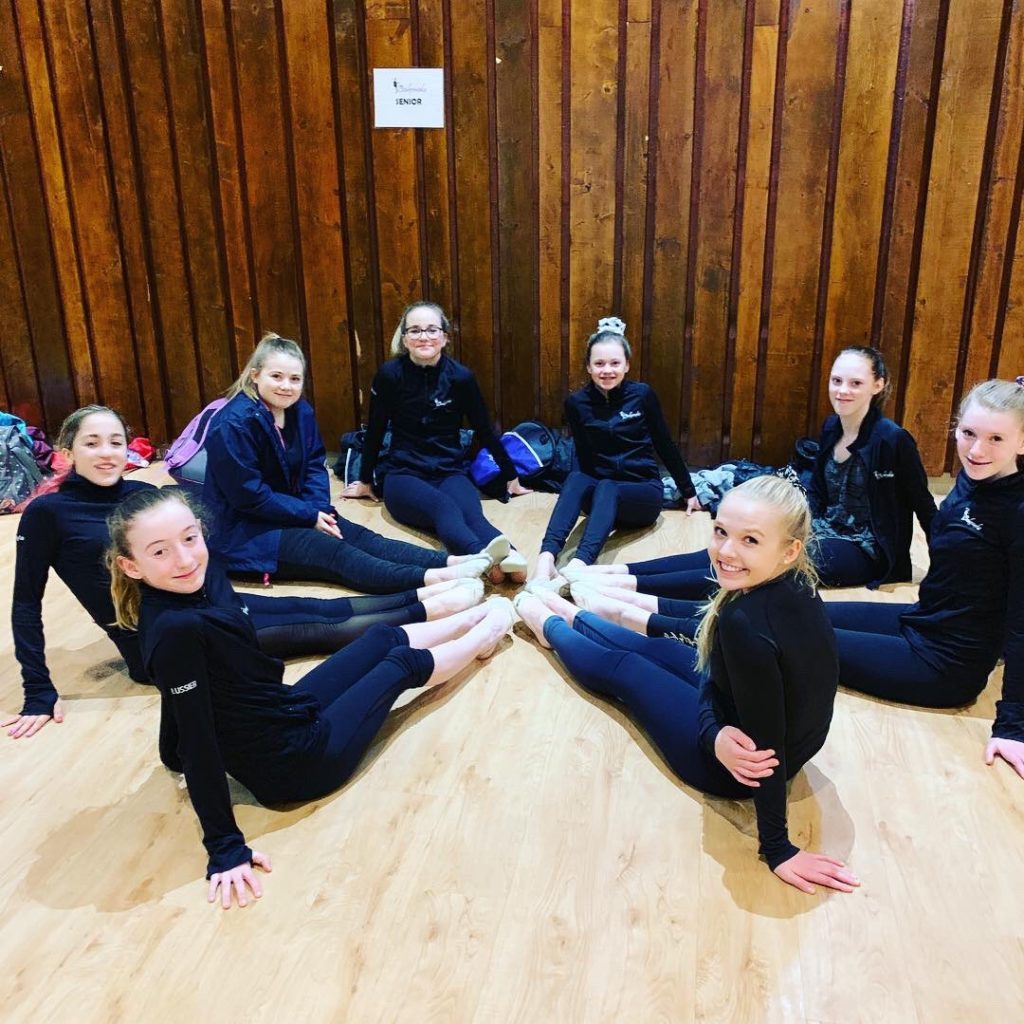
Rhythmic gymnastics is an Olympic sport that “combines ballet, dance and acrobatics and involves teams of five or more that manipulate one or two pieces of apparatus: ball, clubs, hoop, ribbon, rope and free (no apparatus). Routines are choreographed to music and must cover the entire floor and contain a variety of jumps, leaps, pivots, balances and flexibility movements.”
Bohemka is a Czech name given to the club and has a long history in rhythmic gymnastics.
It became part of our local community in 1974 when Marta Kroupa (mentioned above) moved to Esterhazy from Prague, Czechoslovakia.
Over the years, her leadership and love for the sport was supported by many individuals within the community which allowed for the sport of rhythmic gymnastics to grow.
The local club sowed the seeds that eventually launched the provincial association.
During the nineties, the local club was given the name Bohemka to identify with the Czech roots of its founder.
Marta continued to lead the club until her retirement in 2004.
Her dedication and love for the sport allowed gymnasts from Esterhazy and the surrounding area to perform and compete at a variety of levels.
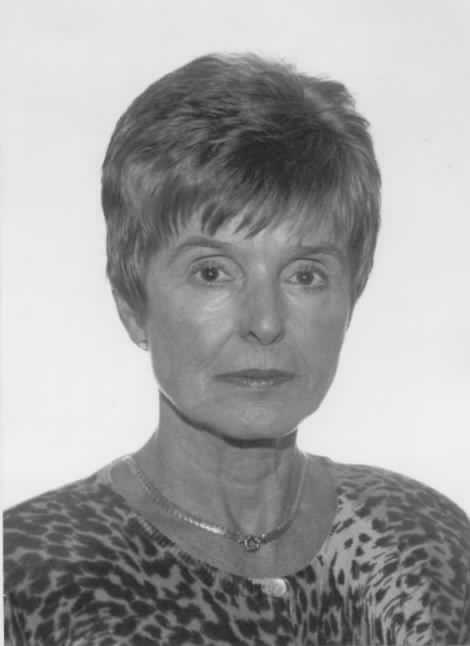
http://sasksportshalloffame.com/inductees/marta-zelenkova-kroupa/
Some will remember Mrs. Kroupa from her years as a teacher in Stockholm where she worked for years.
The Saskatchewan Sports Hall of Fame states, “Through Marta’s hard work, she helped Sask Sport Inc. found the Saskatchewan Rhythmic Sportive Gymnastics Association (now called Saskatchewan Rhythmic Gymnastics) in 1979. Kroupa combined her coaching duties with organizing provincial activities and demonstrating this new sport throughout the province. By 1981, she had organized a festival of Rhythmic Gymnastics, called the Provincial Gymnaestrada, which is now held every two years and provides opportunities for rhythmic gymnasts to showcase routines and enjoy the camaraderie of fellow competitors.”
Bohemka was resurrected in 2015 by a group of past gymnasts and moms who wanted to see the sport thrive in the community again.
For many years, Esterhazy had not seen the sport of rhythmic gymnastics.
In 2015 they began the club with only 45 participants and now in the 2019/2020 season there are over 70 gymnasts registered.
The 2019 World Gymnaestrada was held in Austria.
The event usually runs for 8 days and includes opening and closing ceremonies as well as two to three performances in that time (depending on how you’re asked to represent Canada).
The club calls themselves family. The coaches know all 70 of the kids’ names and communicate about them often. Denae said, “We care about them more than just their level of athleticism. It’s about developing the whole person.”
